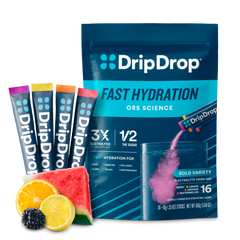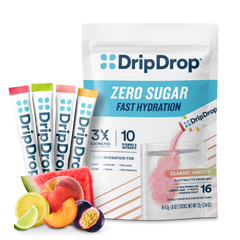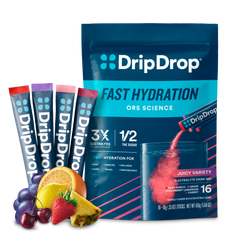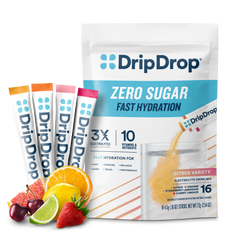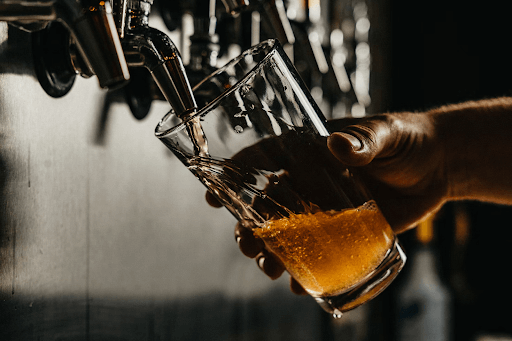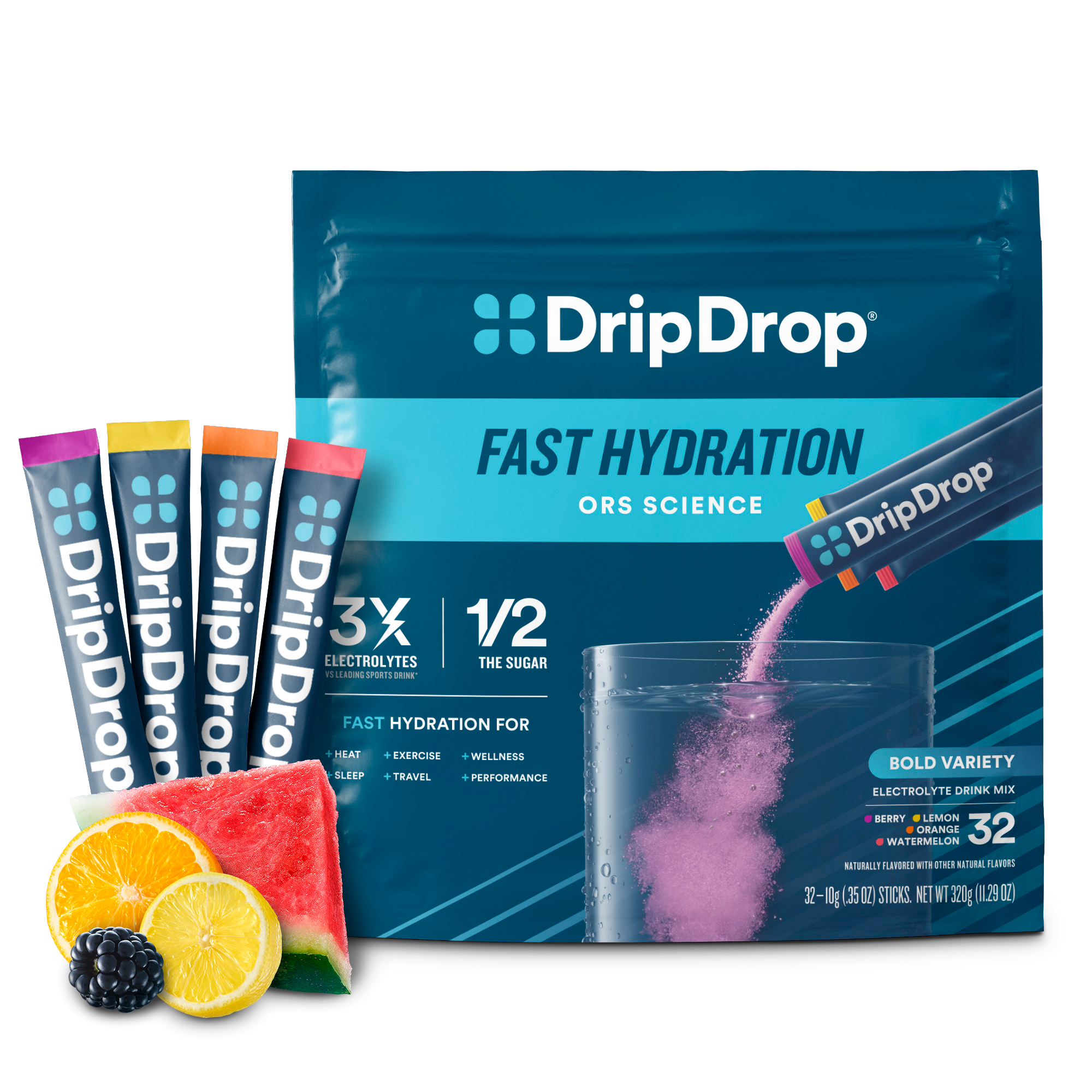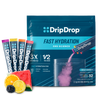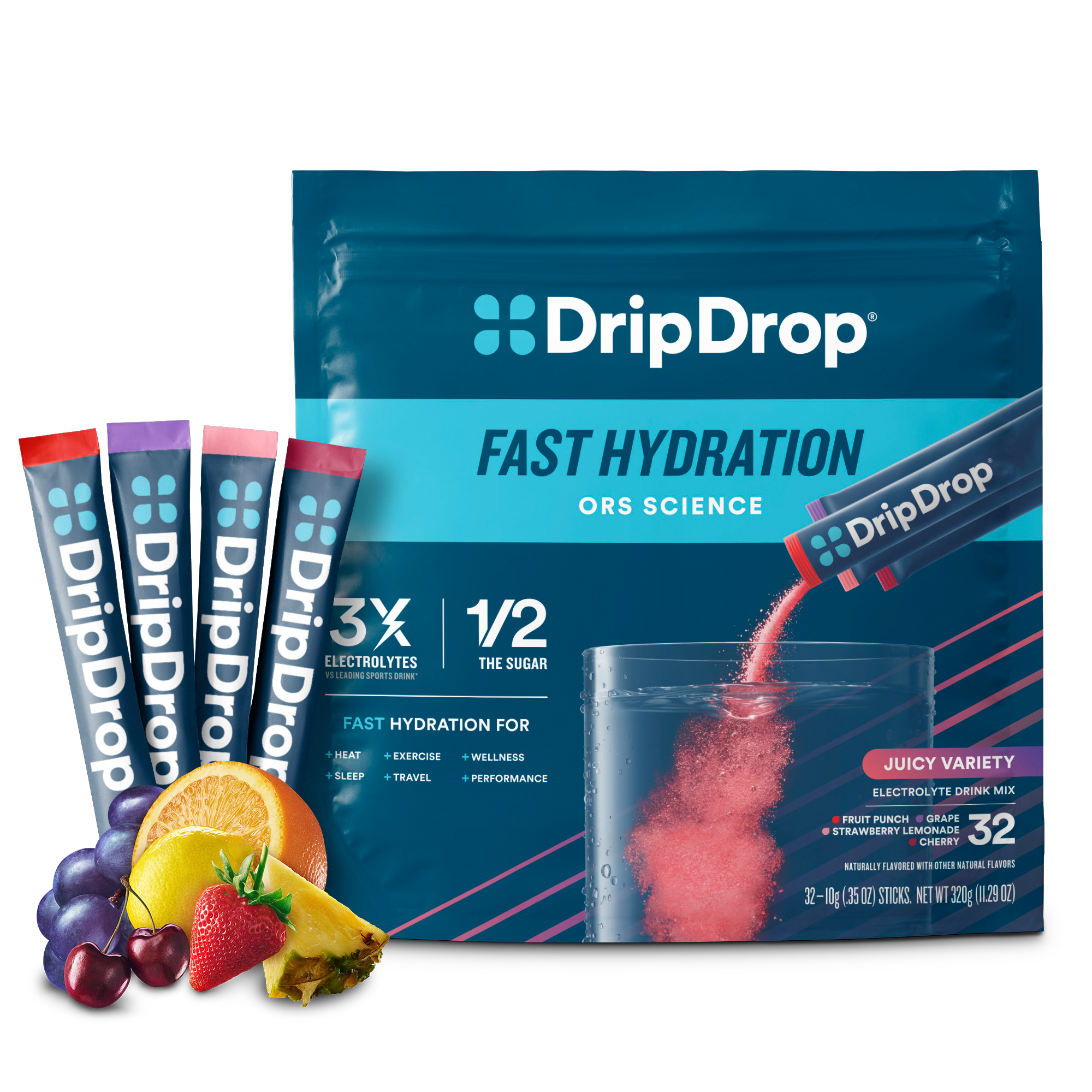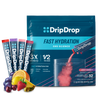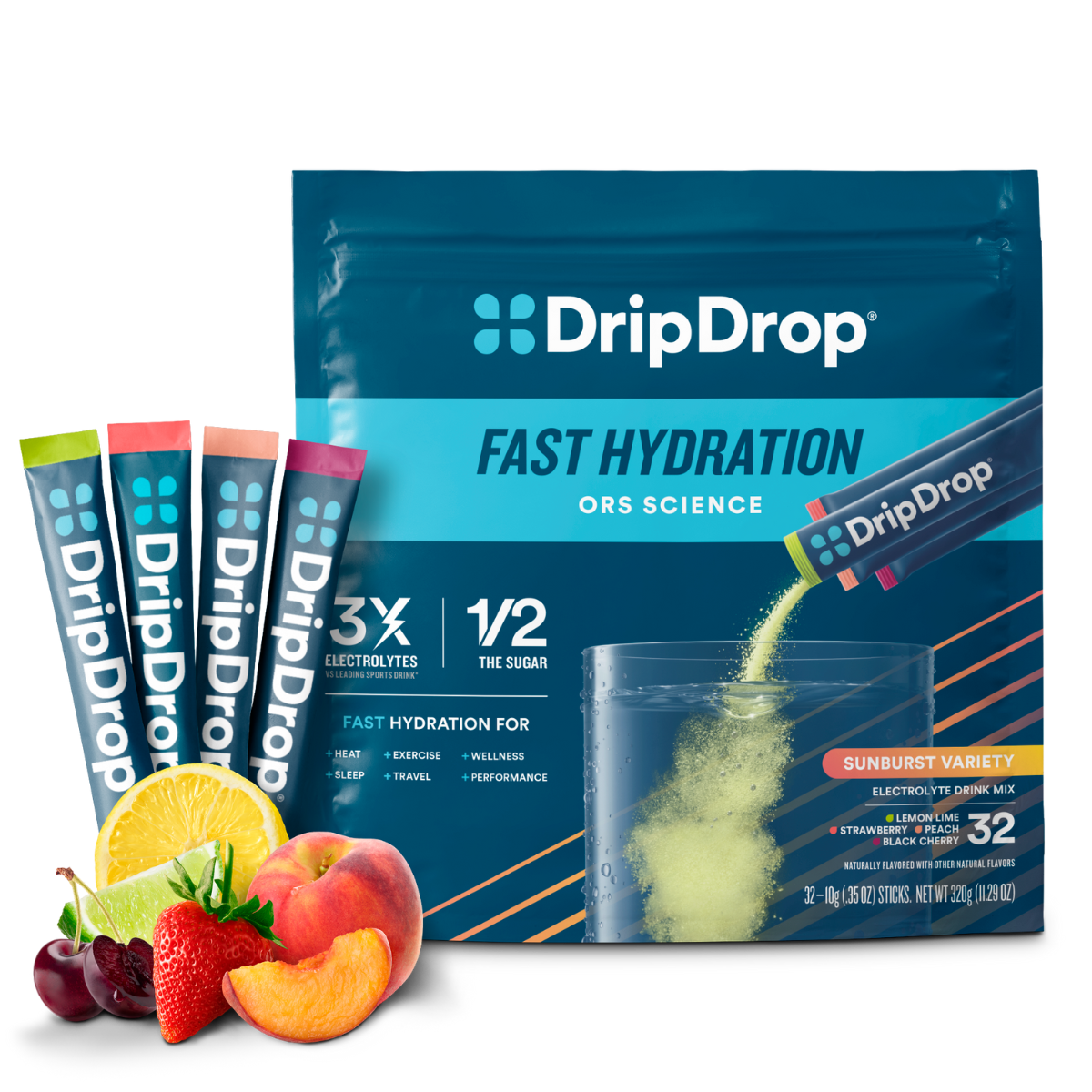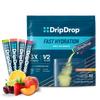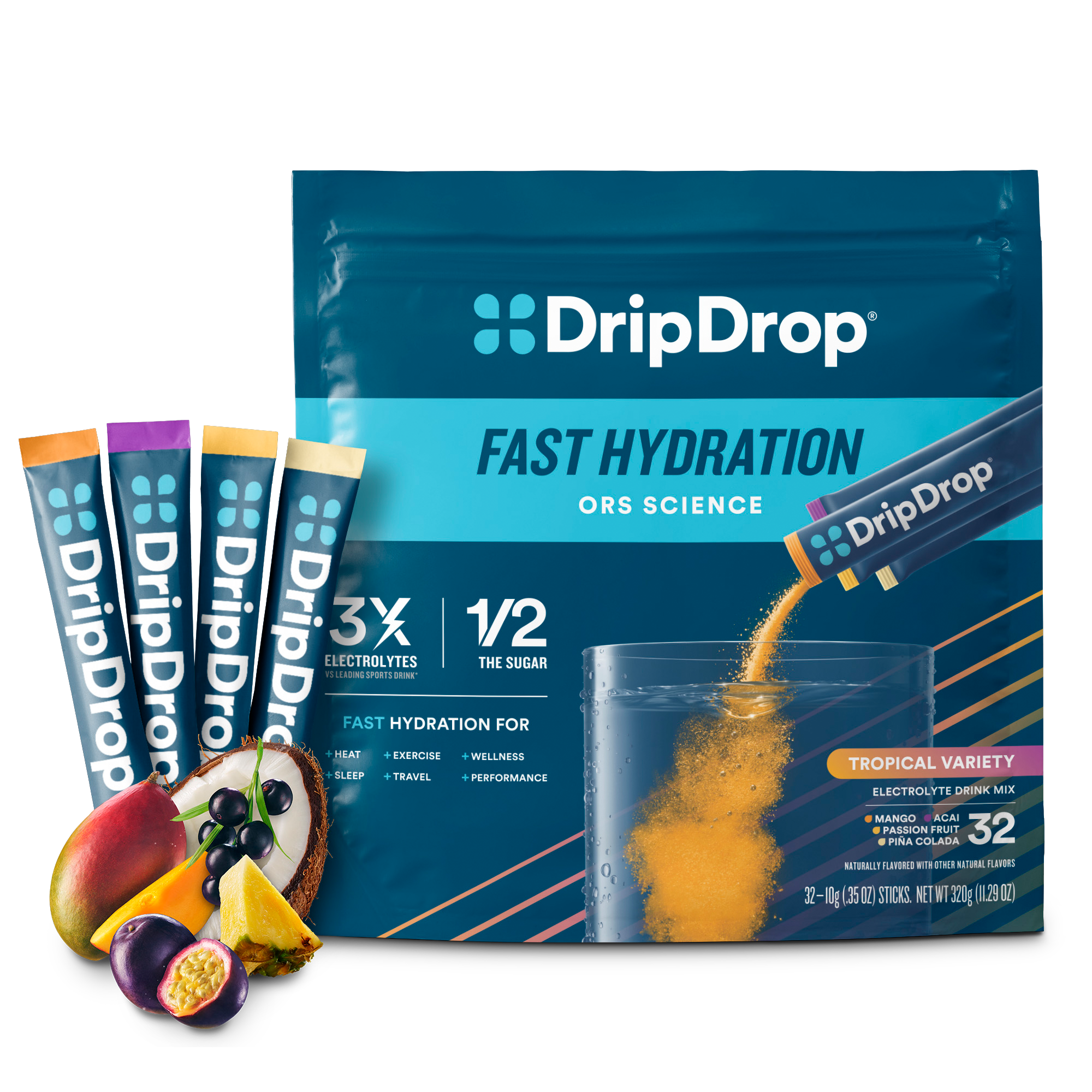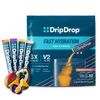Alcohol is a time-tested human tradition. Sure, alcohol consumption can have an undesirable effect on the human body, but it’s considered a treat for everything from concerts and sporting events to holidays and weddings. But, why does that night of drinking have a dehydrating effect? Are you dehydrated, or are the effects of alcohol making your body feel dehydrated?
Does Alcohol Cause Dehydration?
Drinking beer, a glass of wine, or other types of alcohol introduces a substance into the body that causes certain reactions. Those reactions can lead to dehydration. Therefore, alcohol induced dehydration can occur when drinking alcohol without having a glass of water--or more, depending on how much alcohol you’re drinking.
Why Does Alcohol Cause Dehydration?
Alongside its many short term side effects on the body, alcohol consumption also increases urination. This occurs because alcohol is a small, nimble molecule that quickly finds its way into the bloodstream and up to the brain. There, it wreaks havoc on the body’s natural water level regulation system.
The pituitary gland is located in the brain and is made of two lobes: the front, or anterior, and the back, or posterior. The posterior pituitary gland produces a hormone called oxytocin, but it also produces one called vasopressin, which is also called anti-diuretic hormone (ADH). Diuresis means increased production of urine, so it stands to reason that an anti-diuretic hormone would slow down the urination process and allow the body to retain its water.
The pituitary gland decides to do this based on signals sent from detectors that read the volume of water in the body, as well as its salt level. When dehydration is detected, a message is relayed and ADH is released. Alcohol convinces the pituitary gland that ADH shouldn’t be introduced into the situation, despite the alcoholic drink itself being made up largely of water.
Alcohol Dehydration Symptoms
Dark Urine
Dehydration can cause urine to appear dark in color, but an excess of waste materials can also tint urine darker than its usual straw yellow pigment. Alcohol is an unwanted material that the kidneys convert into water and carbon dioxide and, due to the way alcohol sets ADH off balance, dehydration is possible and could cause dark colored urine.
Headache
When muscles and organs are deprived of water, they can shrink—including the brain. If the brain shrinks away from the skull, it can cause a dehydration headache, but when alcohol enters the fray, another factor is introduced that may induce headaches in some people.
Congeners, alcohol byproducts that are found in higher amounts in dark drinks like brandy, red wine and whiskey, can contribute to the development of a migraine, while the histamines in alcohol can influence the immune system and cause inflammation throughout the body.
Each of these can be a contributor to alcohol-related headaches, but dehydration is a close threat when partaking in any alcoholic beverage.
Thirst
This one may seem obvious: if you’re dehydrated, you’ll probably be thirsty. However, it’s important to recognize that while alcohol is a liquid, its tendency to force your body to expel large amounts of water through increased urine output means it’s not a good hydration option.
Dizziness
Alcohol’s ability to inhibit ADH leads to increased urination, which causes decreased water in the body. That lack of water can thin blood, altering how much blood is making it to the important inner-workings of the inner-ear. This can cause a feeling of dizziness.
A special fluid in the ear’s vestibular system called endolymph also reacts adversely to alcohol, thinning when it’s introduced to the substance. This can stop the body from recognizing its orientation in physical space, since endolymph can’t properly navigate the vestibular system’s semicircular framework.
Fainting
According to a study, drinking alcohol can cause fainting because it hinders the body from maintaining a steady blood pressure. After drinking, blood vessels widen and blood pressure drops. These dilated vessels make it more difficult for the heart to move blood around the body, which makes it more difficult for oxygen and water to reach the brain. This can cause lightheadedness and possibly fainting.
How to Avoid Alcohol Dehydration
The best way to avoid alcohol dehydration is to avoid consuming alcohol entirely. However, if you plan to partake in beer, wine or other alcoholic beverages, there are a few things that can be done to lessen dehydration’s toll on your body.
First, drink plenty of water. The rule of thumb is limiting consumption to one alcoholic beverage an hour, with one glass of water also consumed for every finished alcoholic drink. However, even this may not help you avoid a harsh bout of dehydration. Thanks to alcohol’s ability to trip up your pituitary gland, you could lose more water through excessive urination than you would normally. In other words, try to drink as much water as possible, because your normal retention rate isn’t going to be what your body’s used to.
Alcohol can steer your body towards dehydration, but water and a heaping helping of electrolytes can help with course correction.
Maintain Optimal Hydration with DripDrop and Save 25%
Electrolytes are minerals that can conduct electricity and use that ability to help the body relay messages. Electrolytes can help direct water to where it’s most needed, and DripDrop has three times the electrolytes of a sports drink. Multi-flavor pouches are available for mixing it up, and subscriptions allow users to save 25%.

